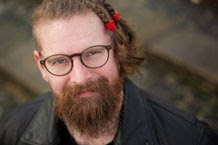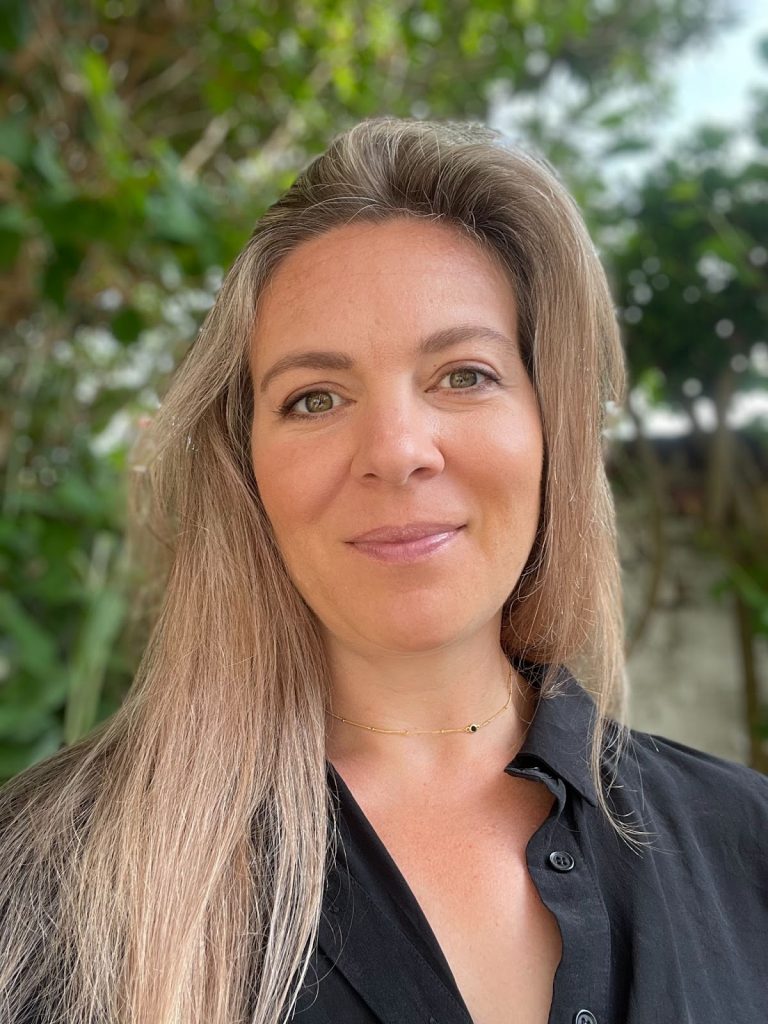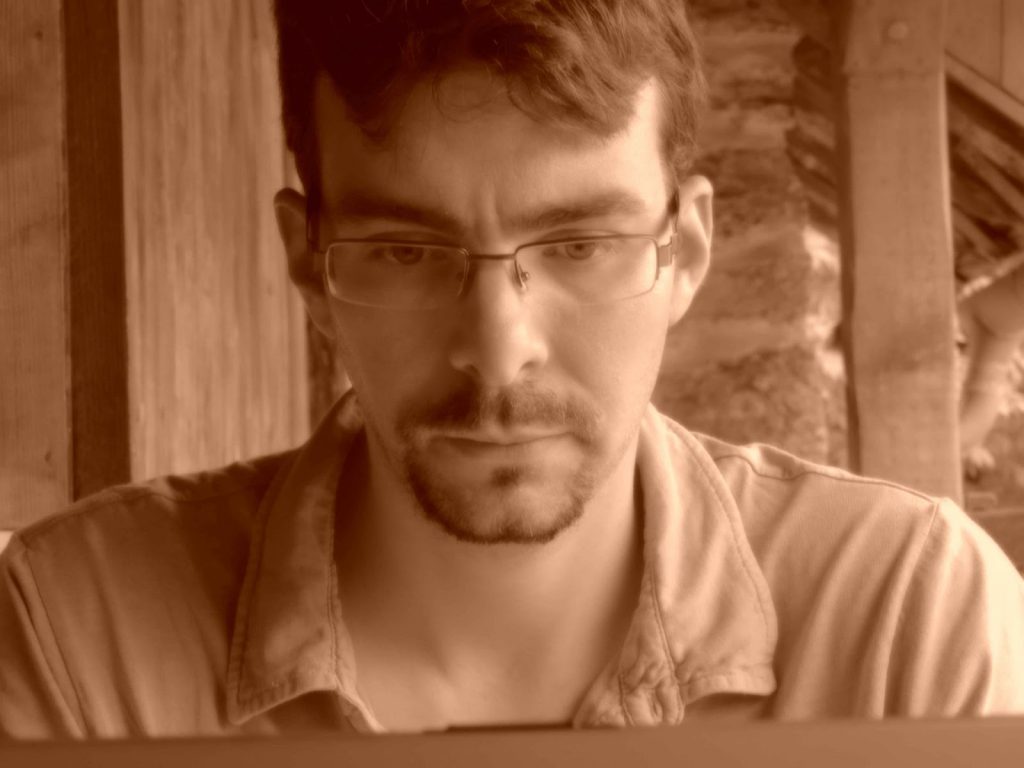Keynotes announced for IST ’23
The organisers of the upcoming IST’23 conference, previously announced here, are now delighted to announce keynote presentations by Adrian Currie, Kirsten Walsh, and Olivier Le Deuff. The abstracts and presenter bios follow.
Adrian Currie and Kirsten Walsh: The Philosophy of History Meets Archival Practice
June 20, 2023, on-site in Uppsala, 9:00 (CET)
Abstract: Reading the philosophy of history, you might well get the impression that history is produced and shaped by historians. But historians can only work with the texts that are available to them: what has been recorded, retained and curated—in other words, archived. Traditionally philosophers of history have paid a lot of attention to historiography, without having much to say about the other things historians do, nor other actors involved in the construction of historical knowledge. In effect, rendering those involved in designing, implementing and maintaining archives invisible. Nevertheless, discovery and evidence in history is very-often conducted in intimate and iterative contact with various archives and other repositories. And so, decisions about what documents and records to keep as well as how to categorize and store them make a critical difference to which histories are told and how. As such, a philosophy of history requires a philosophy of the archive. No doubt this comes as no surprise to practitioners of information science, and so, in some sense, we are preaching to the choir. As consumers and theorisers of archival material, we imagine we have much to learn from an audience of practitioners. And so, we’ll start with a brief case study: the construction of the archive of the Royal Society of London. This archival project began with the very inception of the Society (in the early 1660s). It did not simply function to provision data for the various natural philosophical activities the Society undertook—epistemic agendas—but also to further various political and moral agendas, as well as providing a central institutional fulcrum serving to centralize the Society’s power. We then use this case to highlight some important issues underwriting a philosophy of the archive: what is the relationship between archival data and its use by historians as evidence? What (if any) expertise might archivists claim relating to the significance of particular texts, or to their organization in repositories? To what extent do those decisions constrain and decide the direction of research in historiography and (for the Royal Society) natural philosophy? And what role do archives play in disputes about history?
Adrian Currie is primarily interested in how scientists successfully generate knowledge in tricky circumstances: where evidence is thin on the ground, targets are highly complex and obstinate, and our knowledge is limited. This has led him to examine the historical sciences – geology, palaeontology and archaeology – and to argue that the messy, opportunistic (‘methodologically omnivorous’) and disunified nature of these sciences often underwrites their success. His interest in knowledge-production has also led him to think about the natures of, and relationships between, scientific tools such as experiments, models and observations, as well as in comparative methods in biology. He also has an interest in how we organize scientific communities, particularly regarding scientific creativity.
Kirsten Walsh is a Philosophy Lecturer in the Department of Sociology, Philosophy and Anthropology (SPA) at the University of Exeter, UK. She completed her PhD in 2015 at the University of Otago in New Zealand, focusing on the scientific methodology of Isaac Newton. Before moving to Exeter, she spent two years as an Assistant Professor in the Philosophy Department at the University of Nottingham (2016-2018). Kirsten is interested in Isaac Newton’s methodology in both historical and philosophical contexts. She asks, how ought we understand his scientific achievements and what are the upshots for theoretical accounts of science? Her approach incorporates the tools and ideas of contemporary philosophy of science, balanced with a sensitivity to historical context. This gives her research a distinctive reach into both contemporary issues in the philosophy of science and to the history of ideas.


Olivier Le Deuff: Hyperdocumentation: what are the limits for documenting processes and practices?
June 21, 2023, online, 9:00 (CET)
Abstract: Nowadays, we are observing a shift from the search for information to the search for attention in documentary practices, a consequence of the progressive expansion of the social web, which allows everyone to disseminate documents from the personal sphere. The self-documentary practices that take place on social networks in various forms are in fact proof of the formation of a new documentary regime, that of a hyperdocumentation whose content exploits to the maximum the potentialities of the indexing of knowledge and especially those of the indexing of existences. Documentary practices are increasingly observed outside libraries and scientific and technical information environments. They concern more and more people who are not information specialists. In this context, the concept of hyperdocumentation created by the Belgian bibliographer Paul Otlet opens interesting perspectives. Otlet described hyperdocumentation as the ultimate stage of documentation as the possibility of documenting all the senses and recording all the knowledge of the world. The aim of the keynote is to show the current relevance of the concept of hyperdocumentation and the associated epistemological, technical and ethical issues. It will look at both the historical context surrounding Paul Otlet and current hyperdocumentary devices.
Olivier Le Deuff is an assistant professor in information science and communication studies at Bordeaux Montaigne University and at IUT Bordeaux Montaigne. He is particularly interested in the field of documentation and digital information in the digital humanities. He is the author of several books, essays and short stories, including Digital Humanities: History and Development and Hyperdocumentation, and the blog Le Guide des Egarés.

